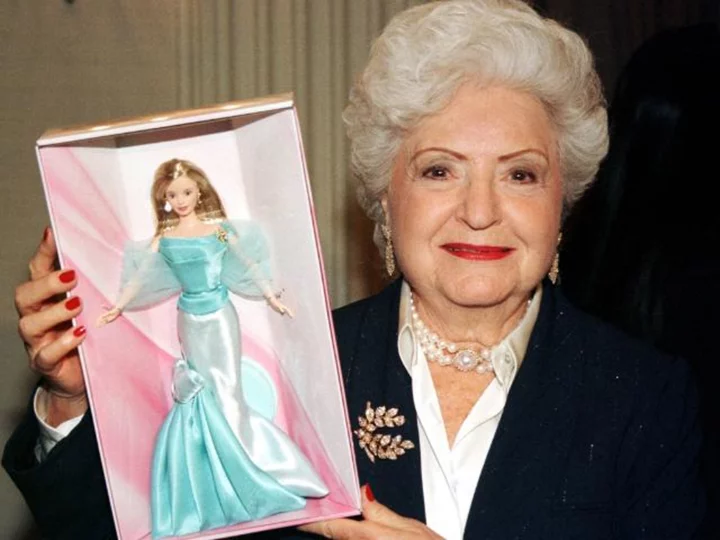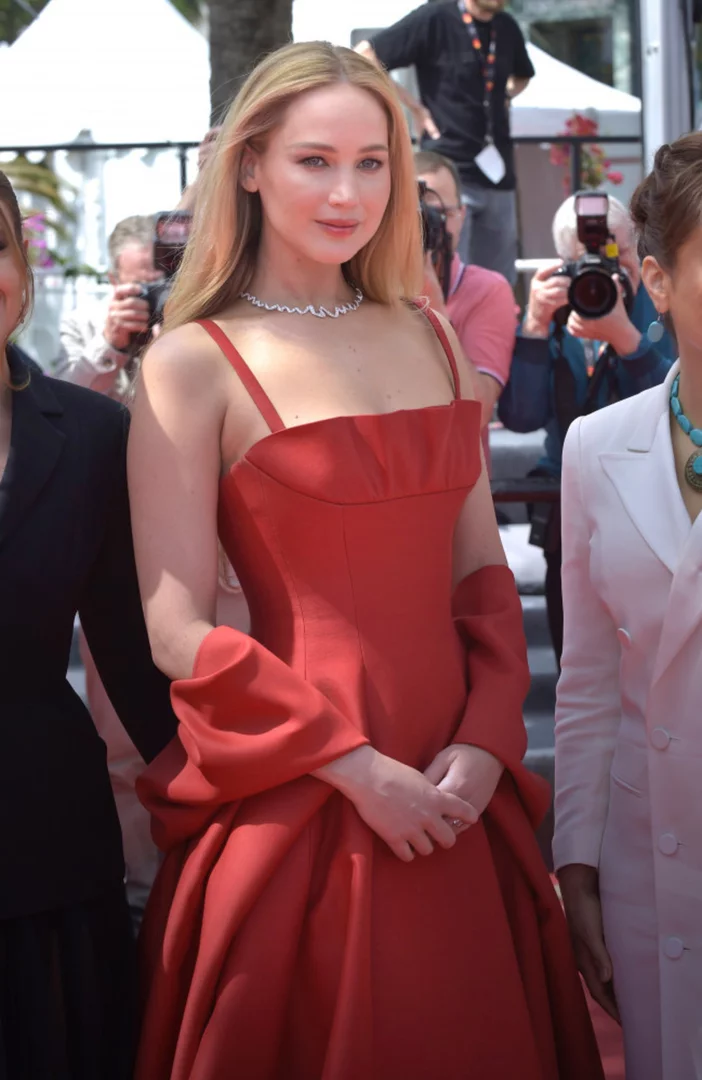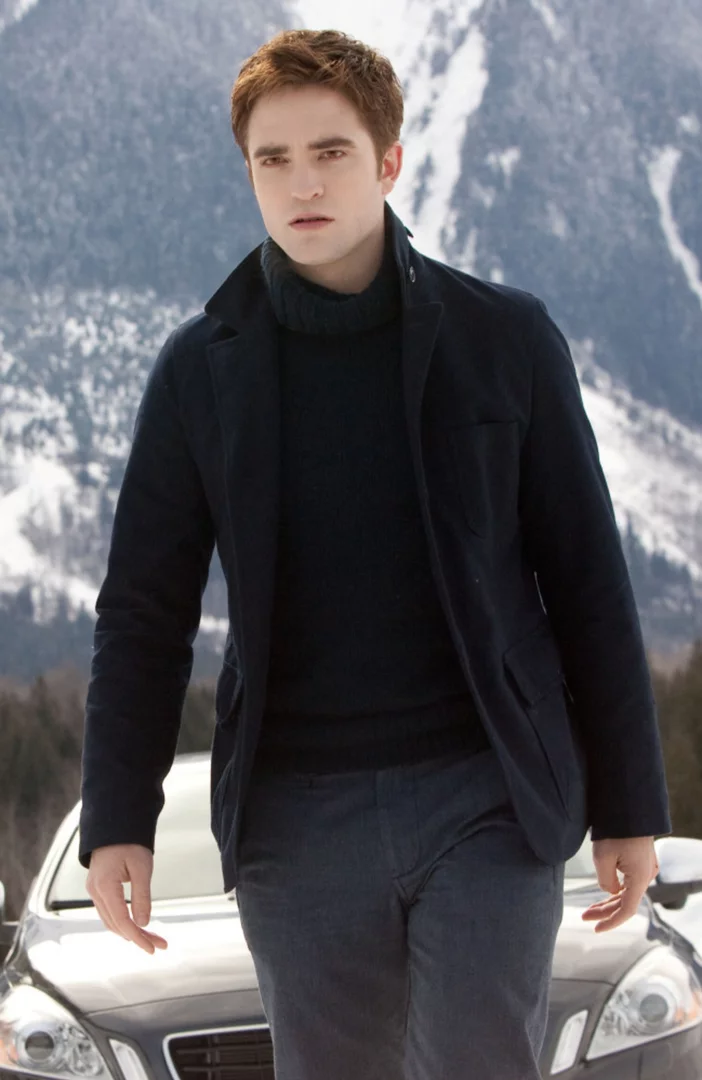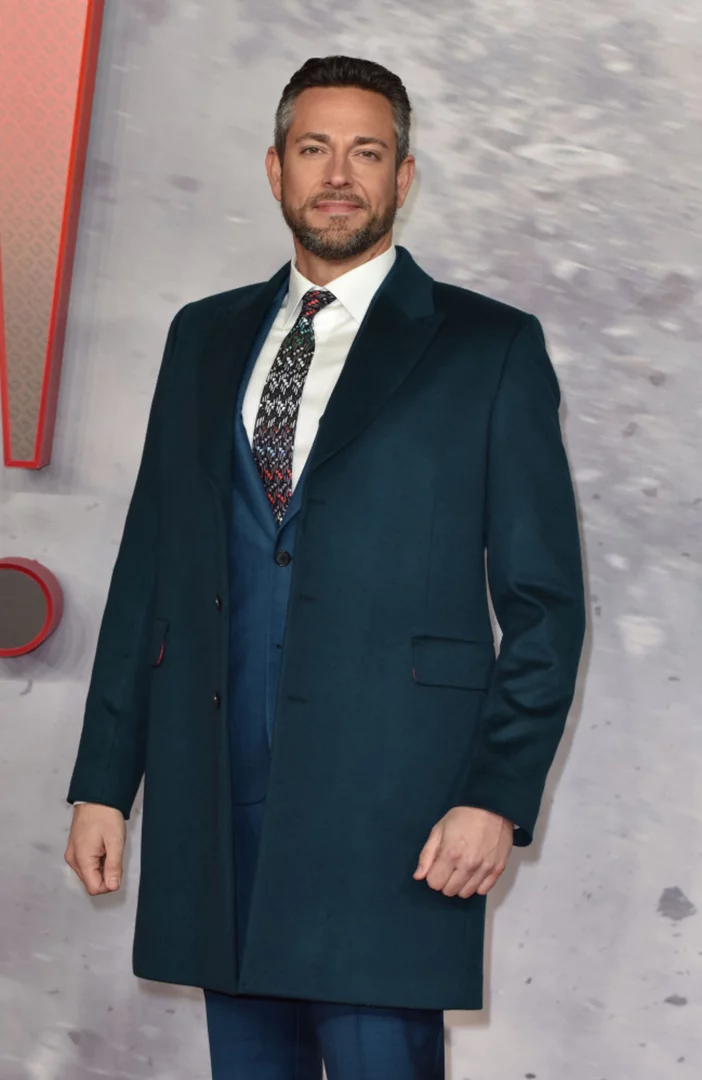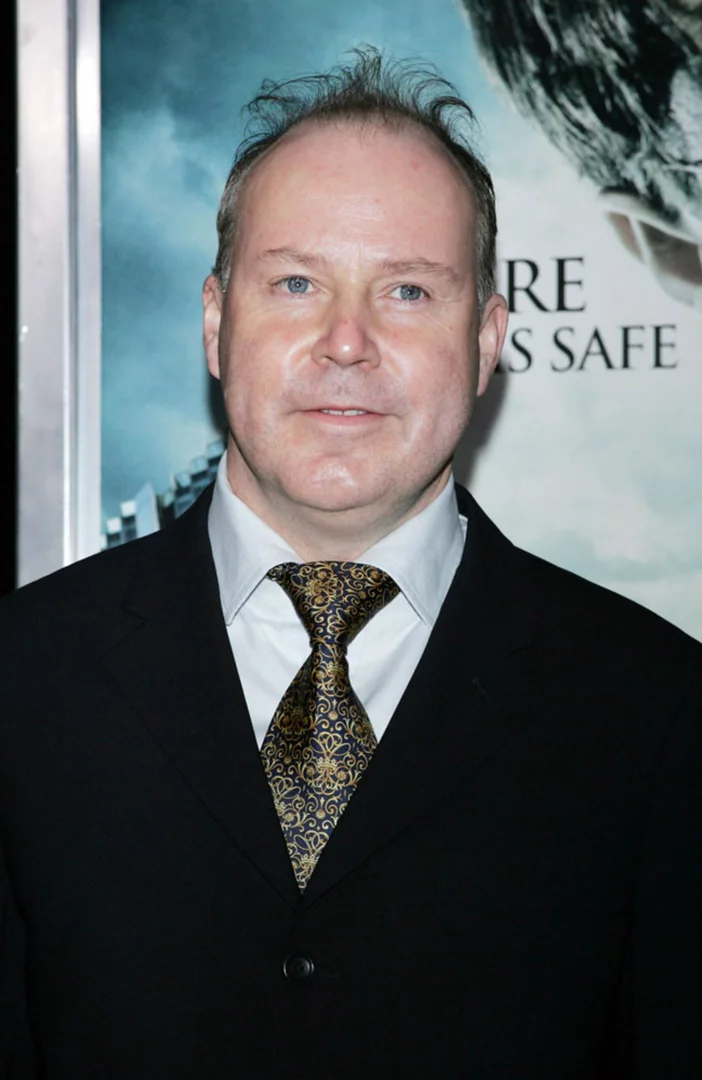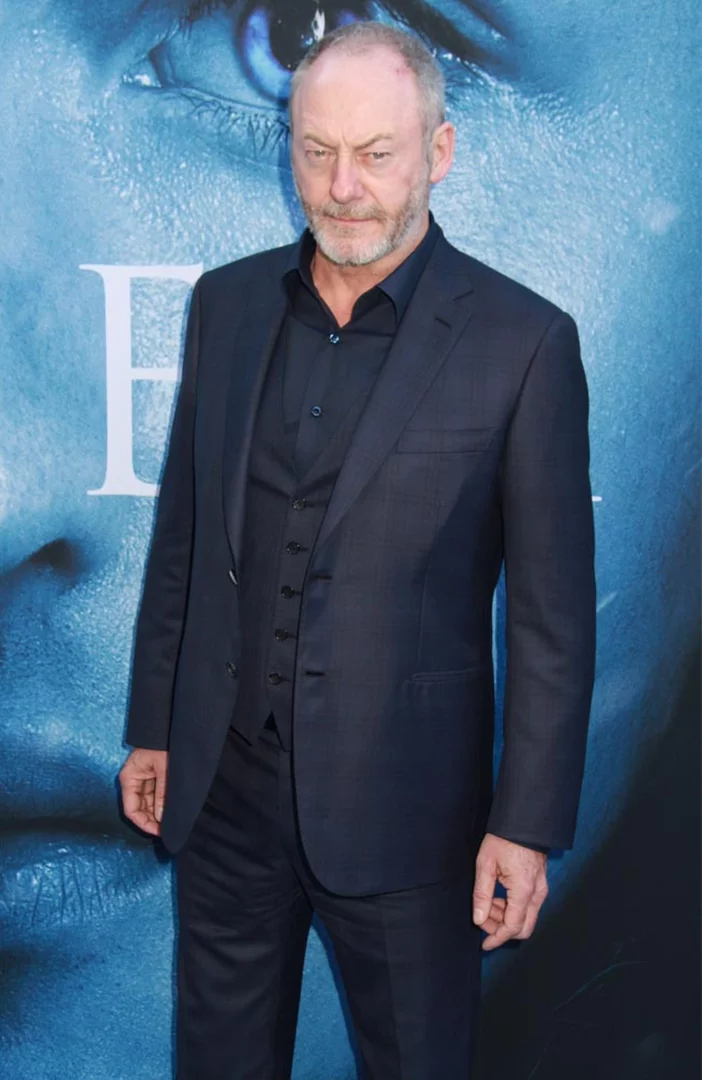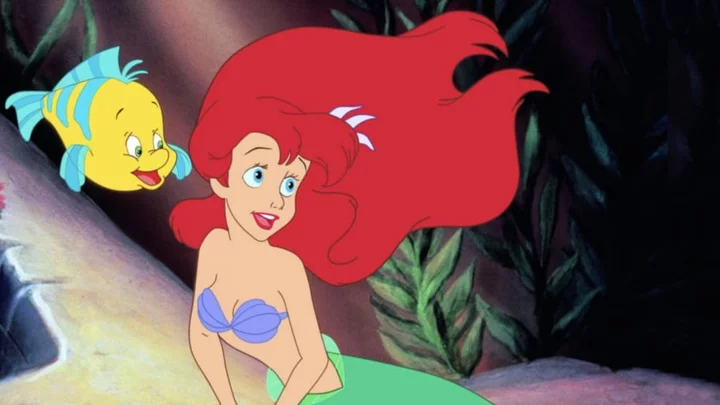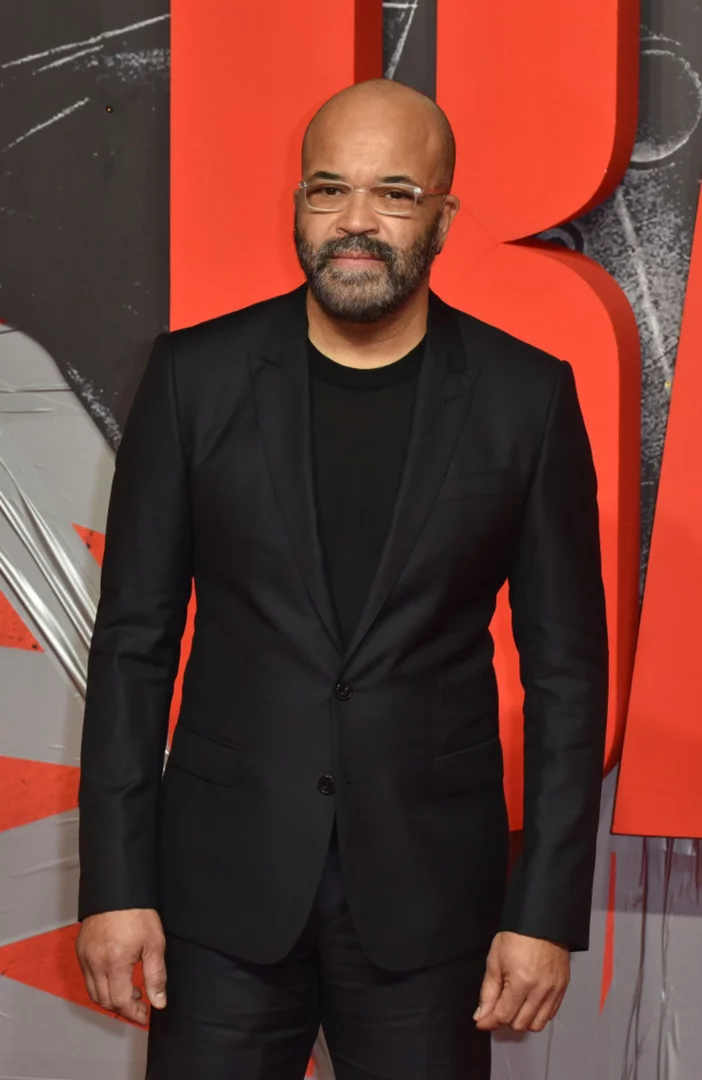If you're one of many who go to a cool movie theater this weekend to catch a screening of "Barbie" (or perhaps, a double-header of "Barbenheimer"), you'll almost certainly wonder about the character played by "Cheers" star Rhea Perlman.
In the film, "Stereotypical" Barbie, played by Margot Robbie, travels from Barbieland to the real world (aka, Los Angeles), and ends up at the headquarters for Mattel -- the company responsible for bringing the iconic doll franchise to the world.
After things go south in a conference room with various suits -- led by a bumbling CEO played by Will Ferrell -- Barbie goes on the lam, running through various corridors on different floors of the office tower, soon finding a hiding spot behind a random door.
There, she finds Perlman in an idyllic setting -- a quiet and sunlit kitchen -- and the two sit for tea. Perlman's gentle and encouraging character doesn't immediately identify herself, but somehow knows Barbie's name before the living doll sets off once again.
At the end of the film, when Barbie's existential crisis comes to a head, Perlman resurfaces once again, this time revealing herself to be Ruth Handler, the inventor of Barbie. She also makes some offhanded references to her legal troubles in relation to tax evasion. So, what gives? Who is/was Ruth Handler, and is she a real person?
Handler was indeed the inventor of Barbie, but that's not all
Along with her husband Elliott, Handler co-founded Mattel in 1945. While their business in toymaking was successful early on, it wasn't until 1959 that they became well known, thanks to the wild popularity of Barbie.
Handler, who with her husband had a daughter named Barbara, noticed that the child preferred to play with adult paper dolls as opposed to actual baby dolls, which were the only three-dimensional dolls available at the time.
After long trying to persuade her designers at Mattel to come up with a proposal for an adult doll, Handler discovered a pre-existing model in the German doll Bild Lilli while on a trip to Switzerland.
Although Lilli was based on a graphic adult cartoon, Handler nonetheless insisted her designers use it as inspiration to come up with an adult woman doll. Soon Barbie was born.
The unprecedented success of the toy launched Mattel to new heights, with Handler reaching milestones as well, going from executive vice president to president of Mattel.
Roadblocks
Barbie and Ken dolls, along with Hot Wheels later on -- propelled Mattel to go public in 1960. Handler was diagnosed with breast cancer in 1970 and underwent a mastectomy. The experience prompted a new business venture for the intrepid entrepreneur -- she created a breast prosthetic company that became successful in its own right.
At Mattel, however, the early '70s saw a string of losses and an inquiry from the Securities and Exchange Commission, leading to eventual charges of inappropriate accounting procedures and the Handlers' dismissal from the company they founded in 1975.
Handler, who died in 2002, maintained her innocence in the tax matters and was quoted as saying her experience with cancer in part caused her to lose control of the company.
Her legacy lives on
Regardless of the scandal, by the early aughts, a new Barbie doll was sold approximately every three seconds, with the average American girl owning ten Barbies.
That visibility eventually led to Mattel courting Hollywood for a Barbie feature film, which was famously shopped around and considered by actresses including Anne Hathaway and Amy Schumer.
The final result, with Robbie in the lead role, is decidedly a success, and the very end of the film also makes sure to honor Barbie's roots -- when she finally takes on a human form, Robbie as Barbie shows up for a gynecology appointment and introduces herself to the receptionist as "Handler, Barbara."

